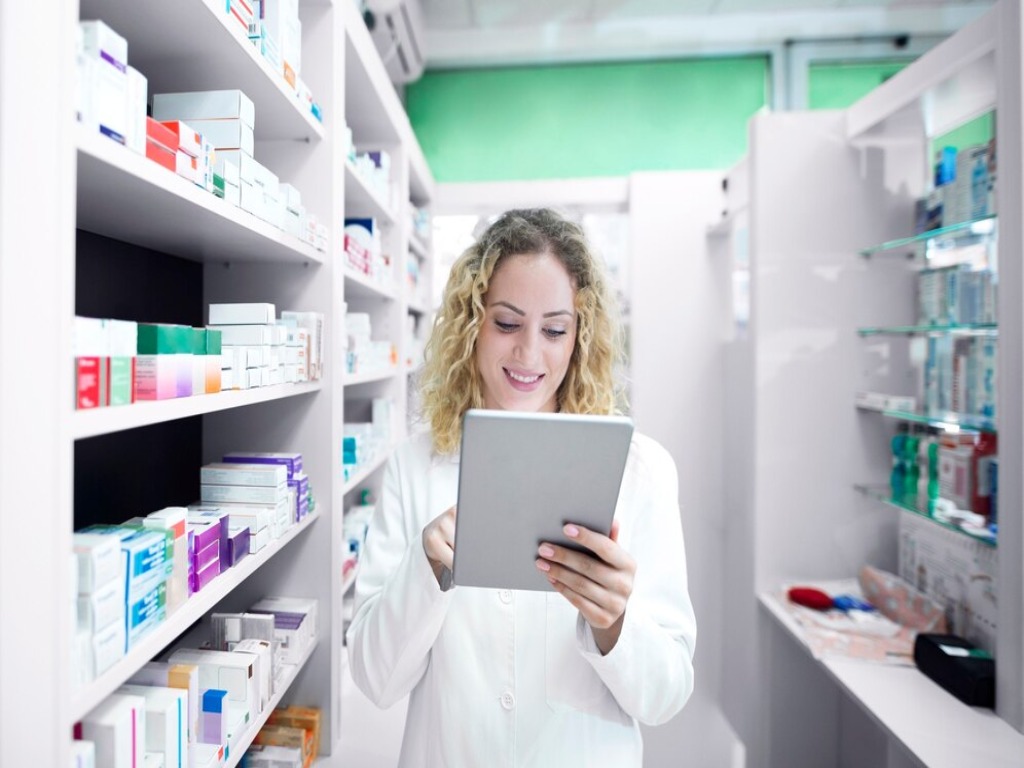

In the evolving landscape of the pharmaceutical industry, marketing strategies have undergone a paradigm shift. At Indore Institute of Pharmacy, the list of d pharmacy colleges in indore where the digital age has introduced dynamic tools and platforms that empower businesses to connect with audiences in more personalized and effective ways. Among these tools, social media and data analytics have emerged as pivotal components, reshaping the approach to pharmaceutical marketing. For educational institutions, especially those under the purview of the Pharmacy Council of India (PCI), understanding and incorporating these advancements are critical for preparing future pharmacists for this modern ecosystem.
Traditionally, pharmaceutical marketing relied on direct interactions with healthcare professionals, print advertising, and participation in medical conferences. While these methods remain relevant, the digital transformation has ushered in new opportunities and challenges. Social media platforms and big data analytics now provide unparalleled reach and precision, allowing companies to engage with healthcare providers, patients, and stakeholders more effectively.
The inclusion of digital marketing principles in the curriculum of PCI-approved pharmacy colleges helps equip students with the skills needed to thrive in this technologically advanced environment. It underscores the importance of preparing future pharmacists to navigate and harness digital platforms responsibly and innovatively.
Social media platforms like LinkedIn, Facebook, Instagram, and Twitter have become indispensable for pharmaceutical companies. They enable organizations to connect with their audiences, promote health awareness campaigns, and disseminate critical information about drugs and treatments.
Data is the cornerstone of effective marketing in the digital age. With the advent of artificial intelligence and machine learning, pharmaceutical companies can analyze vast datasets to derive actionable insights. These insights inform marketing strategies, enhance customer experiences, and optimize resource allocation.
The true potential of digital marketing lies in the seamless integration of social media platforms with data analytics tools. This synergy enables pharmaceutical companies to engage in real-time conversations while leveraging data to fine-tune their strategies. For instance, social listening tools can monitor online discussions about a specific drug, providing insights into patient concerns and sentiments.
Pharmacy colleges emphasize the significance of this integration, ensuring that students understand how to use data to inform social media campaigns effectively. Training future pharmacists in these techniques prepares them for roles in both the clinical and corporate sides of the pharmaceutical industry.
Pharmacy education plays a crucial role in preparing students for the challenges and opportunities of pharmaceutical marketing in the digital age. Institutions approved by the Pharmacy Council of India are increasingly incorporating modules on digital marketing, data analytics, and regulatory compliance into their curricula.
Ethics remain a cornerstone of pharmaceutical marketing. The digital age presents unique challenges, such as data privacy concerns, misinformation, and the potential for over-commercialization. Ensuring that digital marketing efforts prioritize patient welfare and adhere to ethical guidelines is paramount.
Educational institutions instill these values in students, emphasizing the importance of transparency, honesty, and patient-centricity in marketing practices.
As technology continues to evolve, the future of pharmaceutical marketing looks promising. Emerging trends include:
Pharmaceutical marketing in the digital age is a blend of innovation, precision, and responsibility. Social media and data analytics have revolutionized the way pharmaceutical companies engage with their audiences, offering unprecedented opportunities for growth and impact. For PCI-approved pharmacy colleges, equipping students with the knowledge and skills to leverage these tools is essential. By fostering a deep understanding of digital platforms, data-driven strategies, and ethical practices, these institutions are shaping the future leaders of the pharmaceutical industry.
At Indore Institute of Pharmacy, the PCI Approved Pharmacy Colleges in Indore where the industry continues to embrace digital transformation, the role of educational institutions in bridging the gap between traditional practices and modern innovations remains pivotal. Together, they can ensure that pharmaceutical marketing not only thrives in the digital age but also serves the ultimate goal of improving patient care and health outcomes.